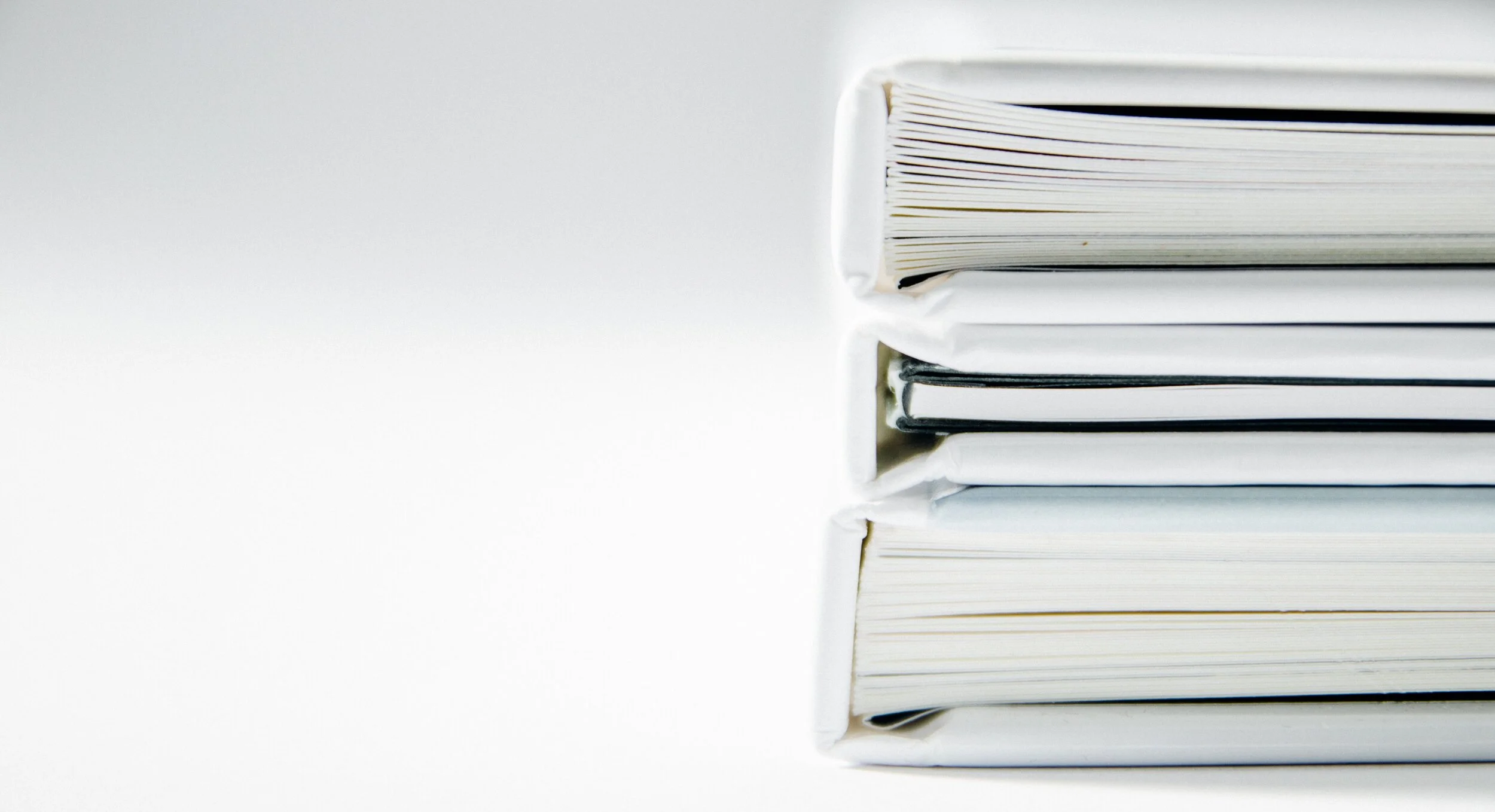What documents to keep versus shred?
A common question to ask is, how do I know what needs to be properly destroyed, and what should I make sure I keep for a certain length of time?
We’ve included a list below that you can always refer to for knowing when (or if) to shred certain documents.
Shred Immediately
Utility and phone bills: Shred after you’ve paid (unless they contain tax-deductible expenses).
Anything that contains: Account numbers, Birth dates, Passwords and PINs, Signatures, Social Security Numbers
Shred After 1 Month:
Credit Card/ Bank Statements: Hold onto bank statements as you might need them in the future for tax purposes or proof of purchase. Shred the rest after you’ve confirmed payment.
Shred After 1 Year:
Pay Stubs: Match them up to your tax forms, then shred.
Medical records and bills (keep for one year after payment in case of disputes) Some experts suggest keeping other records for five years from the time treatment for the symptoms ended. Hang on to information about prescription information, specific medical histories, health insurance information and contact information for your physician.
Other records including car repair bills, copies of prescriptions, etc. (although these can be kept up to 5 years at times for claims purposes).
Employee applications, budget projections, purchase orders, freight/shipping bills, employee expense records, accounts payable, invoices, bank reconciliations, expense reports, inventories of products and supplies (these can all be kept up to 4 years, minimum of 1 year)
Shred After 7 Years:
Tax Records/ Returns and Related Documents: Seven years is a requirement by the CRA.
Year-end bank statements (not needed for taxes).
Titles, contracts and deeds for sold properties, including any legal documents connected to the sale.
Payroll records and summaries, terminated personnel files, time books, withholding tax statements
Extended Periods:
Insurance Records: Keep for the life of the policy plus five years.
Other records: For the life of the policy (plus an additional five years).
Home Purchase/Sale/Improvements: Hold these until six years after selling.
Accident/reports claims: Keep up to 7 years after resolved.
Keep (current versions of):
*Expired versions should be recycled or shredded if they contain personal information
Warranties, appliance manuals, receipts
Social security statements
Annual insurance policy statements
Retirement plan statements (RRSPs, etc.)
Current contracts for rentals, leases or loans
Active memberships, employee benefits and utility contracts
Keep (Forever):
Marriage licence / divorce certificate
Birth and death certificates
Wills, living wills, powers of attorney
ID cards and passports
Social Insurance Number (SIN) cards
Pension plan documents
Legal conflict claims
Business licences
Securities and trade confirmations
Repaid loan or mortgage documents
Educational diplomas, degrees and transcripts
Our team is always available for pick up at offices or residential location for your mobile, on-site destruction needs.
Have more questions? Contact us today by calling at 403 340 2401 or emailing at info@merlinshredding.com.



